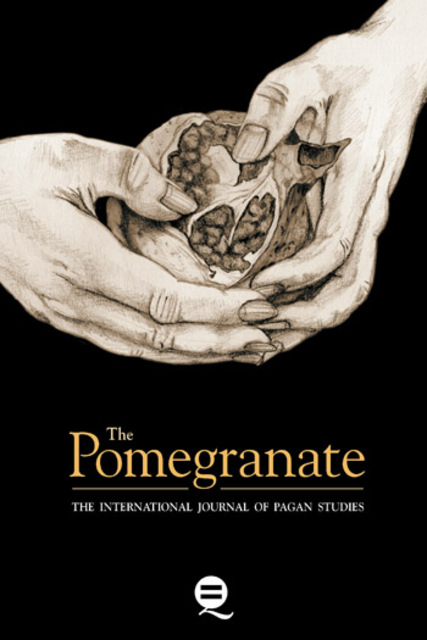The Heart of Thelema: Morality, Amorality, and Immorality in Aleister Crowley’s Thelemic Cult

Full description
In the wisdom literature of ancient Egypt, as in modern culture, the heart is a physical organ but also a metaphor for one’s moral centre. Aleister Crowley is the founder of a small but significant magical cult that claims to be a revival of Egyptian magical religion. Some Thelemites do not admit moral distinctions or judgments; and are in this sense amoral. Moral issues are raised in a core passage in Crowley’s inspired text, Liber AL (II 18-21) which presents the essence of its “Nietzchean standpoint.” Crowley rarely departed from this “Law of the jungle.” Crowley acknowledged and validated a magical “son”, Charles Stansfield Jones (Frater Achad) as “the one” who would unlock the true meanings of Liber AL. Jones promulgated a revisionist interpretation, more liberal and in tune with the philosophy of Ma’at, the ancient Egyptian personification of justice. Jones wrote that: “by trying to help Humanity as a Whole, without distinction, as far as in me lay, I could learn to do the Will of God, or the True Will.” Rejected by Crowley and other important opinion formers, Jones’ ideas continued an ex cathedra existence, gathering followers anxious to make Thelema more relevant. Recently published correspondence between Crowley and Jones will apparently show that toward the end of his life, Crowley acknowledged Jones interpretation as valid and equal to his own. In the years since Crowley’s death there has been an interesting revival of Ma’atian philosophy in the mainstream and independent of Neo-Paganism. Pan African Political groups have found in it material for an ethical system that avoids the tradition of Abrahamic faiths and also Mediterranean ethno-centrism. There has been new research, especially on the socalled “Negative Confession.” The philosophy of Ma’at emphasises our social being. Its first principle is “I have not impoverished the people.” Thelemites are shown to have views relevant to controversy between individualism, free will and social justice.
- typeImage
- created on
- file formatjpeg
- file size66 KB
- container titleThe Pomegranate
- creatorMogg Morgan
- issnISSN 1743-1735 (online)
- issue13.2
- publisherEquinox Publishing Ltd.
- publisher placeSheffield, United Kingdom
- rights holderEquinox Publishing Ltd.
- doi
We use cookies to analyze our traffic. Please decide if you are willing to accept cookies from our website. You can change this setting anytime in Privacy Settings.
